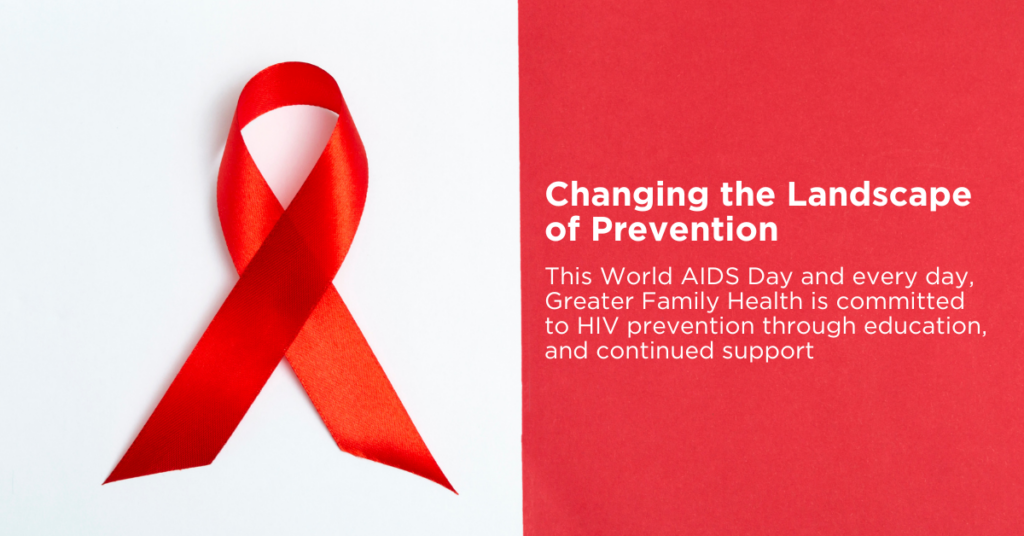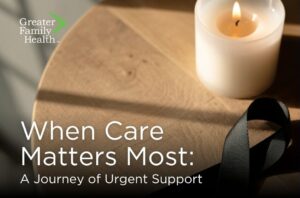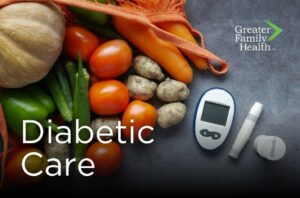
HIV (human immunodeficiency virus) weakens the immune system by attacking infection-fighting cells, making individuals more vulnerable to other infections. It primarily spreads through bodily fluids during unprotected sex, shared injection drug equipment, or from mother to child during childbirth. Without treatment, HIV can progress to AIDS (acquired immunodeficiency syndrome).
While there is no cure for HIV, effective treatments can suppress the virus, allowing people to live longer, healthier lives. When taken consistently, HIV medication can reduce the viral load to undetectable levels, which means the virus cannot be sexually transmitted.
PrEP and PEP’s Role in HIV Prevention
Pre-Exposure Prophylaxis (PrEP) has emerged as a potent tool in combating HIV, providing individuals at high risk with a daily pill that can effectively prevent the transmission of the virus. Consisting of a combination of two antiretroviral drugs, PrEP has been proven to significantly reduce the risk of HIV infection when taken consistently. However, strict adherence to the prescribed daily regimen is crucial for effectiveness.
PrEP works by impeding the establishment of a permanent HIV infection in individuals exposed to the virus through sexual contact or injection drug use. Adhering to the daily medication routine can significantly decrease one’s chances of acquiring HIV, especially when combined with other preventive measures like condom usage.
In addition to PrEP, there’s also Post-Exposure Prophylaxis (PEP), a highly effective emergency treatment for individuals who may have been exposed to HIV. PEP must be started within 72 hours of possible exposure to the virus and involves taking a combination of HIV medications for 28 days. This treatment significantly reduces the risk of contracting HIV after potential exposure, such as through unprotected sex, sharing needles, or sexual assault.
Greater Family Health offers both PrEP and PEP. Call to schedule an appointment to see if these medications are right for you.
HIV Outreach and Prevention Educators
Greater Family Health has credentialed practitioners and support staff that have experience treating HIV positive individuals and those that are at risk. They are an essential source to meet the needs of our patients and provide them with any medical or social services needed.
Greater Family Health also offers rapid HIV testing and education services through the HIV Outreach and Prevention Educators. This initiative allows us to continue the expansion of access to HIV/AIDS testing services out into the communities we call home, while also driving awareness, advocacy, and educating the public about sexual health.
The Outreach and Prevention Educators partner with local organizations such as universities, libraries, bars, restaurants, and more to provide guests with on-site access to free and confidential rapid HIV testing, with results available within 20 minutes.
Normalizing HIV Prevention
Normalizing HIV testing and empowering individuals to humanize the issue can eliminate barriers and help fight stigma. Through continued outreach and education efforts as well as global awareness campaigns such as the World Health Organization’s (WHO) World Aids Day, we can accomplish this goal. Together we can continue to successfully address the barriers of health care for our community. As a Community Health Center, we welcome and accept everyone regardless of their ability to pay. Let’s #endAIDS.




